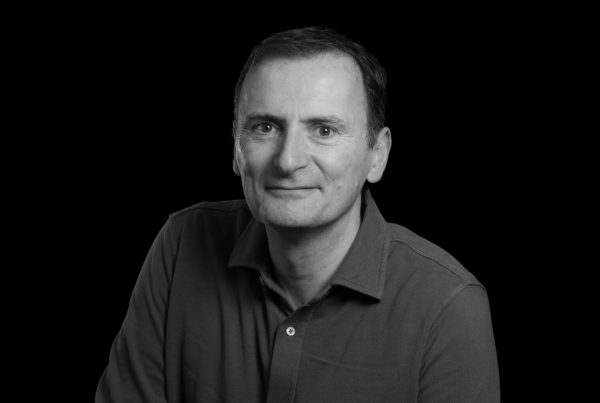Research interests
Acín’s main research interest is in quantum information theory. This is a scientific area that studies how information is processed and transmitted when encoded on quantum particles. Using quantum effects, new information tasks become possible: more powerful computers, novel cryptographic protocols with unprucedented levels of security or more precise sensing devices. It is a highly inter-disciplinary area combining tools and concepts from mathematics, computer science, physics and engineering. Acín’s research activity also covers aspects of foundations of quantum physics, quantum thermodynamics, many-body physics and quantum optics.
